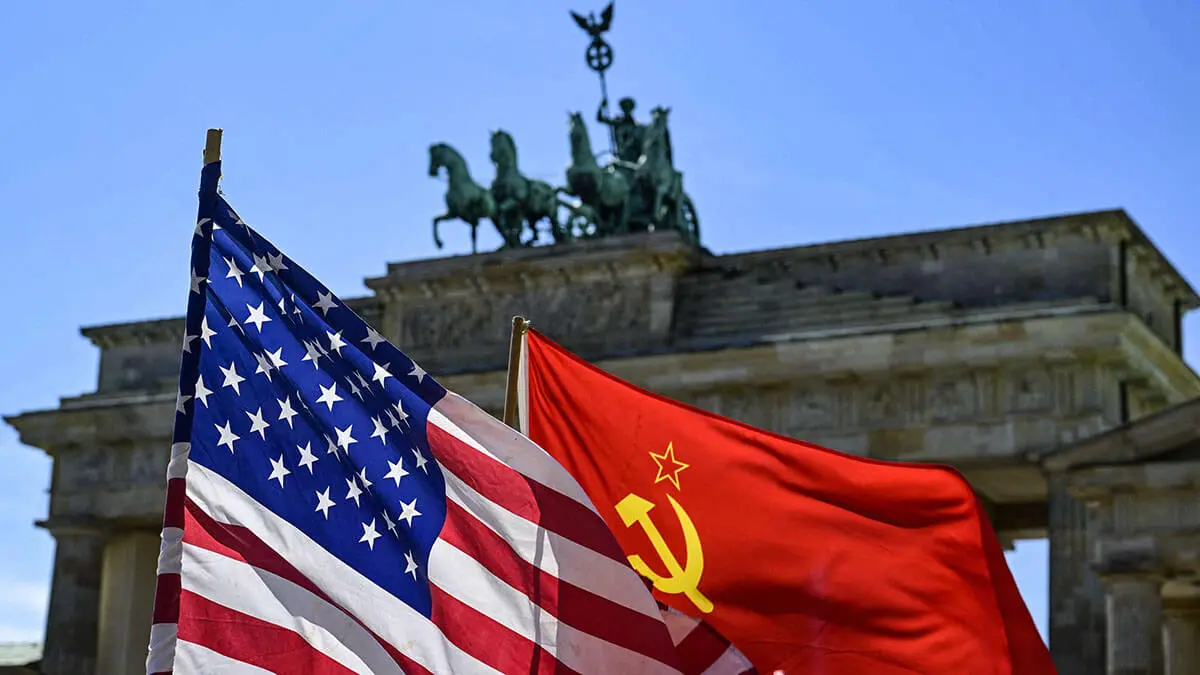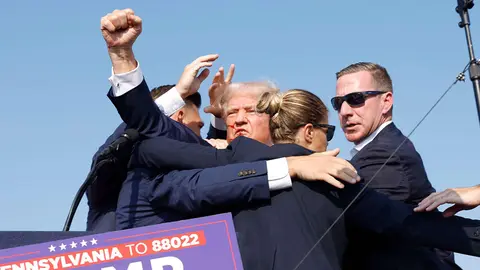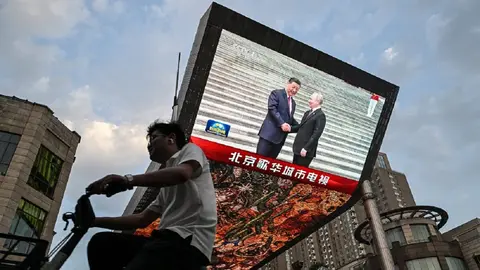Regional Cold War

For 45 years, from 1947 to 1991, Washington and Moscow maintained a delicate relationship that was subject to a Cold War in which the power of nuclear deterrence guaranteed a certain degree of control through the doctrine of mutually assured destruction.
There was time for a nuclear attack to be responded to by the other side with a predictable outcome of total devastation. Nuclear weapons held back any temptation for direct confrontation between the two superpowers, with the Cuban missile crisis as a litmus test on the brink. Regional and local wars on several continents were frequent scenarios where each supported a warring faction. An attrition with random casualties ended with the fall of the Soviet Union, but without a conflict as direct as the one now being waged on Ukrainian territory.
The conflict between Putin's Russia and Ukraine, invaded in 2022 and defended with President Zelenski at the helm and supported by NATO member countries that have added two new members: Finland and Sweden, as a response to Moscow's expansionism, has been going on since 2014.
Many experts agree that the new Cold War began in 2014. Putin responded by annexing Crimea to Russia and a war in the Donbas, the nearest Ukrainian region. At that point, a Russian strategy began to develop and be implemented to act with all means at its disposal and in all possible places, except for the use of nuclear weapons, even if it threatened to use them when its invasion of Ukraine met with early failures. Cyber-attacks, interference in electoral campaigns in Western countries from the United States to Germany and France, support for Catalan pro-independence supporters, fake news to destabilise its enemies and several interventions in the Middle East and Africa, especially in the Sahel region with the dream of achieving an exit to the Atlantic through the Sahara or Mauritania.
With partners such as China, which disputes world hegemony with the United States, and Iran and its proxies in Latin America. Beyond the Cuban partner, the Chavista dictatorship in Venezuela has significantly increased its ties and interests with Putin. His current support is one of the elements that allows, for now, dictator Nicolás Maduro to maintain the electoral fraud. Joe Biden lifted the pressure on Venezuela and its oil returned to the market to control the price. But now he cannot allow the Chavista mockery that would be electorally damaging to Kamala Harris. Collateral damage of the regional Cold War.



